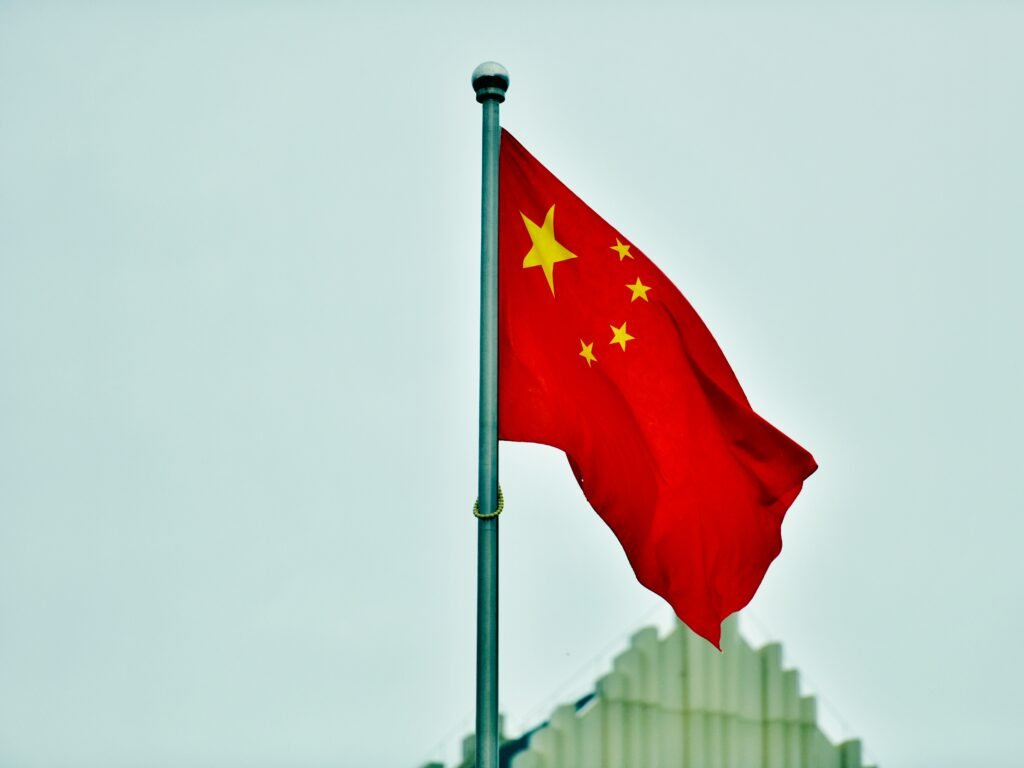Chinese President Xi Jinping on Saturday described the economic ties between China and the European Union as “symbiotic,” emphasizing the mutual benefits despite ongoing trade tensions and geopolitical pressures. Speaking at the 2025 China-EU Economic Forum in Beijing, Xi highlighted the critical role of cooperation between the two economic powerhouses, signaling Beijing’s willingness to deepen collaboration even as challenges persist.
Strengthening Economic Ties Despite Global Challenges
President Xi framed the China-EU relationship as fundamentally interdependent, with trade and investment flows serving as a backbone for growth on both sides. “Our economies complement each other in ways that create vast opportunities for development and prosperity,” Xi stated during his keynote address. He pointed out that China remains the EU’s second-largest trading partner, while the EU is China’s top trading partner worldwide.
This declaration comes amid rising trade tensions globally, notably pressure from the United States on both China and Europe to adopt more restrictive economic policies. Yet, Xi’s remarks suggest Beijing is keen to maintain and expand its ties with European nations, focusing on shared interests in trade liberalization and sustainable development.
Navigating U.S. Pressure and Geopolitical Uncertainties
The backdrop to Xi’s comments includes increasing U.S. efforts to decouple Western economies from China’s, particularly in sensitive sectors like technology and critical minerals. Washington’s push for allies to tighten export controls and scrutinize investment flows has put Beijing and Brussels in a delicate position.
European officials have expressed concerns about balancing their economic interests with political alliances, especially as China faces accusations of unfair trade practices and human rights issues. However, the EU also recognizes the value of its economic partnership with China, especially in light of global economic uncertainties and the need for diversified supply chains.
“Europe is walking a tightrope between maintaining strategic autonomy and preserving essential economic relationships,” said Dr. Elena Richter, a trade analyst at the European Policy Centre. “Xi’s use of ‘symbiotic’ underscores China’s intention to keep Europe engaged, even as global politics complicate matters.”
Focus on Green Technology and Digital Economy
Beyond traditional trade, Xi underscored potential collaboration areas such as green energy technologies, digital infrastructure, and financial services. The forum highlighted recent agreements on joint efforts to reduce carbon emissions, aligning with the EU’s Green Deal and China’s carbon neutrality goals.
Chinese and European businesses are also exploring partnerships in artificial intelligence, cybersecurity, and blockchain, reflecting both regions’ ambitions to lead future technologies. These sectors present opportunities to move beyond mere goods trade toward more strategic and innovative cooperation.
“China and Europe can drive global standards in emerging tech, provided they can navigate geopolitical risks,” noted Dr. Anna Weiss, a technology policy expert at the University of Munich.
Trade Data Reflects Deep Integration
Trade statistics reinforce the economic interdependence Xi described. In 2024, bilateral trade between China and the EU surpassed $900 billion, with the EU exporting machinery, vehicles, and pharmaceuticals to China, while importing electronics, textiles, and industrial products.
Investment flows also increased, with European companies expanding their footprint in China’s manufacturing and consumer sectors, while Chinese firms invest in European infrastructure and technology startups.
Risks and the Path Ahead
Despite positive rhetoric, analysts warn that the relationship remains vulnerable to political flare-ups and protectionist tendencies on both sides. Recent EU measures targeting Chinese technology companies and increased scrutiny of foreign investments illustrate underlying tensions.
If these frictions escalate, Beijing might recalibrate its approach. Xi’s statement that China’s stance “may soften if relations sour” signals Beijing’s readiness to respond to adverse developments but also leaves room for flexibility.
“We may see China adopting a more defensive or assertive trade posture depending on how the EU navigates these challenges,” said Dr. Richter. “However, the economic logic of cooperation remains strong, incentivizing both sides to avoid escalation.”
Conclusion: A Cautious but Optimistic Outlook
President Xi’s emphasis on the symbiotic nature of China-EU economic relations presents a hopeful message amid a complex geopolitical landscape. While external pressures and internal political debates will test the partnership, the shared economic benefits offer a compelling reason for continued dialogue and cooperation.
The coming months will be critical as both sides negotiate trade policies, investment frameworks, and technology collaborations. For investors and businesses tracking the region, Xi’s remarks are a signal to prepare for ongoing engagement—albeit cautiously—between two of the world’s largest economies.
Disclaimer: This article is for informational purposes only and does not constitute financial advice.


















